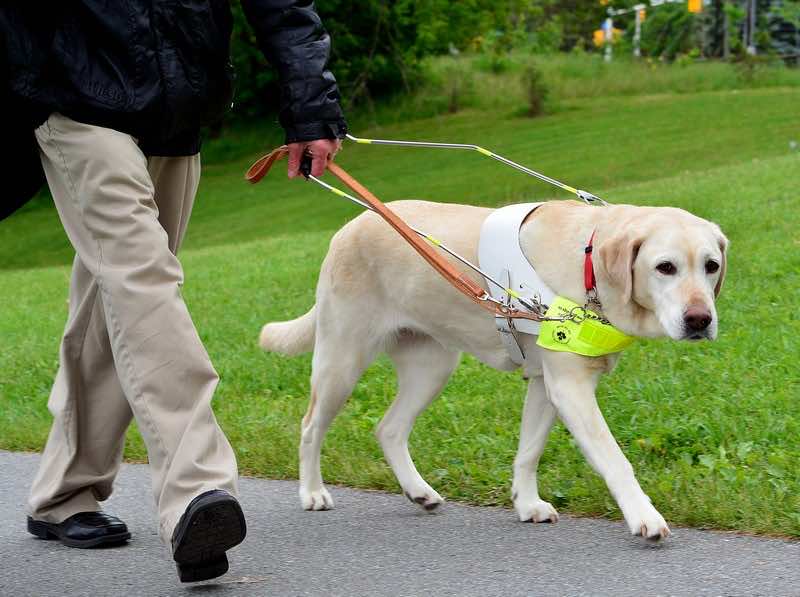Just when you start having faith in humanity something happens that makes you doubt again. Recently an Independent arbitrator has ordered Uber to a sum of $1.1 million to a blind passenger who was denied rides from Uber’s drivers 14 separate times. The passenger was allegedly discriminated against. Uber has disagreed with the ruling.
The blind passenger Lisa Irving, a resident of San Francisco Bay, relies on her guide dog to go about her day. She brought the claim forward in 2018. According to the arbitrator’s ruling, “she was either denied a ride altogether or harassed by Uber drivers not wanting to transport her with her guide dog”.
One of the drivers left her stranded late at night, some caused her to be late for work which eventually led her to get fired. She was verbally abused discriminated against and intimidated on two occasions.

She had complained to Uber but to no avail. Irving’s attorney, Catherine Cabalo said in a statement that “Of all Americans who should be liberated by the rideshare revolution, the blind and visually impaired are among those who stand to benefit the most. However, the track record of major rideshare services has been spotty at best and openly discriminatory at worst”.
Under the American Disability Act, a guide is to go anywhere a blind person is allowed to go. So the drivers had to right to deny her a ride because of the dog. In response, a spokesperson from Uber said in a statement that “We are proud Uber’s technology has helped people who are blind locate and obtain rides. Drivers using the Uber app are expected to serve riders with service animals and comply with accessibility and other laws, and we regularly provide education to drivers on that responsibility. Our dedicated team looks into each complaint and takes appropriate action”.
Uber has been avoiding responsibility for such cases for a while. Classifying their drivers as mere contractors, allowed Uber to not pay drivers’ health insurance, sick pay, etc. The arbitrator found that Uber employees were trained to find non-discriminatory reasons for ride denials. Uber denied being responsible for any ADA violations as the drivers were contractors.
The arbitrator had disagreed saying the Uber was liable for ADA violations due to its “contractual supervision over its drivers and for its failure to prevent discrimination by properly training its workers”.


